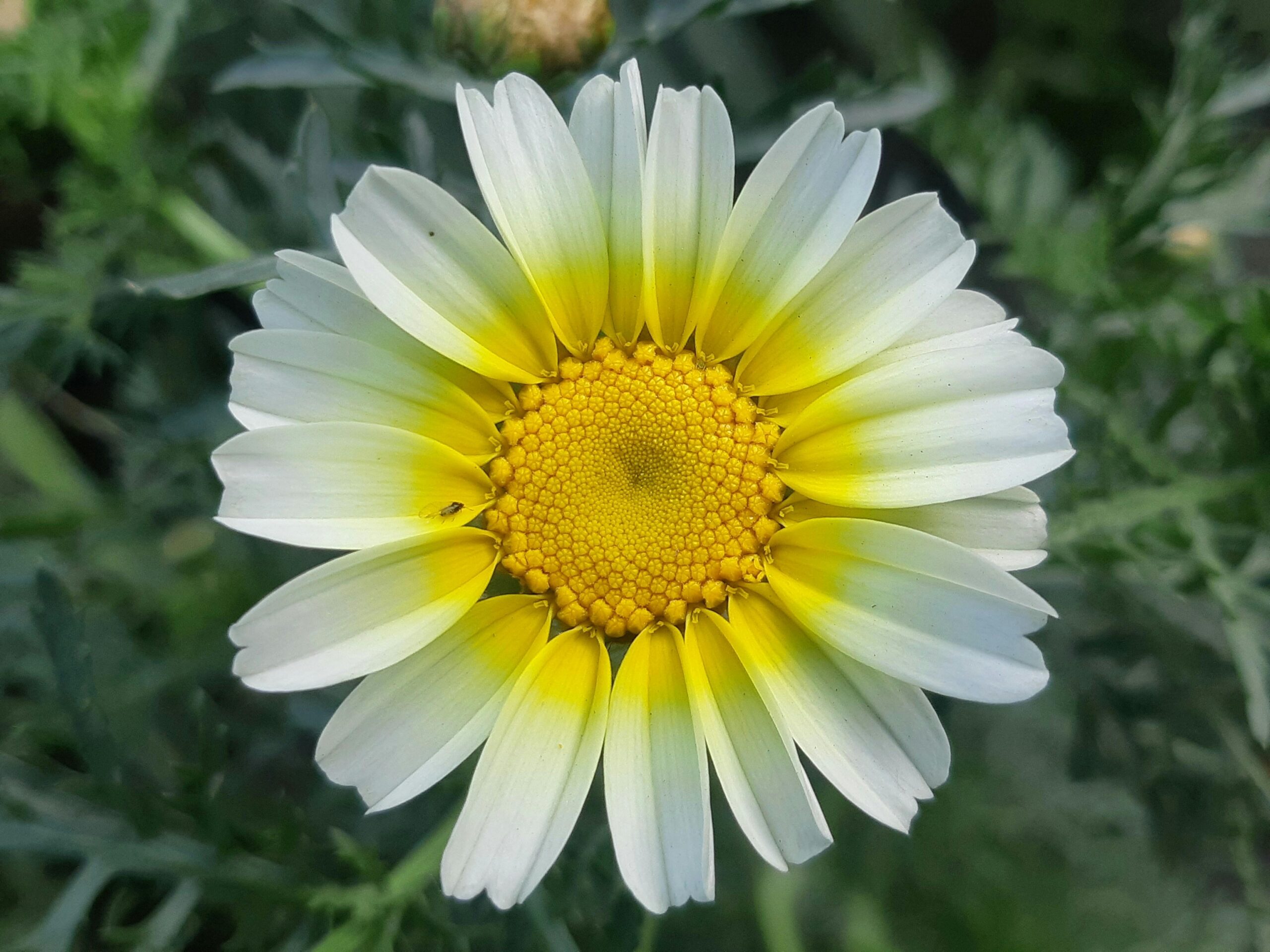Are you tired of tossing and turning all night, watching the clock tick closer to morning? Perhaps it’s time to explore nature’s pharmacy for a solution. In this listicle, we delve into seven herbal remedies that promise sweet dreams and much-needed insomnia relief. From ancient herbs revered in traditional medicine to modern favorites backed by science, we’ve gathered a selection to help you drift into a serene slumber. Discover the magic behind these natural sleep aids and learn how each herb can contribute to a restful night, without the side effects often found in pharmaceutical options. Whether you’re struggling with occasional restlessness or chronic insomnia, these remedies might just be the key to a good night’s sleep.
- Chamomile
- Lavender
- Valerian Root
- Passionflower
- Magnolia Bark
- Hops
- Lemon Balm
Chamomile is a well-known sleep inducer. A cup of chamomile tea can relax your mind and prepare your body for a restful night. It’s rich in antioxidants that promote sleepiness.
The soothing aroma of lavender can ease anxiety and induce sleep. Consider using a lavender essential oil diffuser or placing a sachet under your pillow for best results.
For centuries, valerian root has been used to combat insomnia and anxiety. You can consume it as a supplement or tea. It works by increasing GABA levels, a neurotransmitter that promotes sleep.
Passionflower is often used to treat insomnia and nervous disorders. A cup of passionflower tea can significantly improve sleep quality and reduce nighttime awakenings.
Magnolia bark contains compounds that have been shown to alleviate stress and promote relaxation, making it a great option for those struggling with insomnia. You can find it in supplement form.
Hops are commonly associated with brewing beer but are also effective as a sleep aid. You can consume hops as a herbal tea or look for them in combination with valerian root.
Lemon balm is a member of the mint family and is known for its calming effects. Drinking lemon balm tea can help ease insomnia and promote a more restful sleep.
| Remedy | Action | Form |
|---|---|---|
| Chamomile | Promotes relaxation | Tea |
| Lavender | Eases anxiety | Essential Oil |
| Valerian Root | Increases GABA | Supplement/Tea |
| Passionflower | Improves sleep quality | Tea |
| Magnolia Bark | Alleviates stress | Supplement |
| Hops | Provides calming effect | Tea/Supplement |
| Lemon Balm | Reduces insomnia | Tea |
Insights and Conclusions
As the night sky unfurls its dark, velvety blanket adorned with twinkling stars, you now hold the key to unlocking the treasure chest of tranquility. These seven herbal remedies, each whispering ancient secrets, stand ready to cradle you into the comforting embrace of sweet dreams. Whether you sigh with relief under the calming aura of lavender or drift effortlessly into slumber with chamomile’s tender touch, these natural solutions beckon you to reclaim the restful nights you so dearly deserve.
May the quiet moments before dawn find you wrapped in serene slumber, your worries dispersed like morning mist. Here’s to the revitalizing power of nature’s herbs, guiding you gently towards the harmonious haven of restful sleep. Sweet dreams and peaceful nights await, dear reader. 🌙✨
